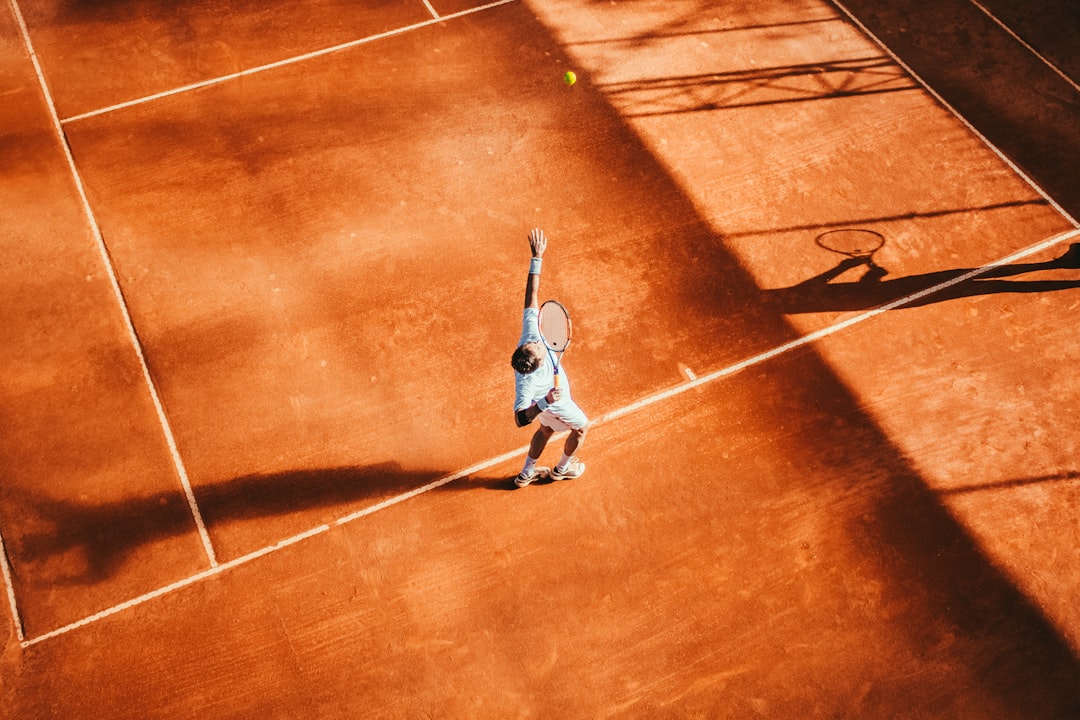Deliberate Practice Is Required To Improve
Habits create the foundation for mastery. However, with habits, you can also become less sensitive to feedback and mistakes, and can fall into mindless repetition. You assume you're gaining experience and getting better as you do more of a thing but you're only reinforcing your current habits, not improving them. There is a difference between having 5 years of experience, where each year is progressive, and 5 years of experience where the first year is repeated 5 times.
You can't repeat the same things blindly and expect to become exceptional - habits are necessary but not sufficient for mastery. Deliberate practice is needed in combination with habits to achieve mastery: Habits + Deliberate Practice = Mastery. Once a habit has been mastered, effort needs to be put into improving the current or building the next habit. The new habit is the foundation for the next stage, and it becomes a continuous cycle.
In order to have deliberate practice, there needs to be a system for review and reflection in order to refine your practice. You need to actively think about your shortcomings and how to objectively improve overall over time. It's not just about learning habits, but also fine-tuning and removing bad habits. Reflection and review ensures that you spend your time on the right things and make course corrections whenever necessary. Avoid falling into the trap of complacency.
When you practice, there needs to be a balance between the current foundation of habits, and being on the edge of your ability, making the errors that are needed to stimulate neuroplasticity and learning. You enter the flow state, where you are up against the edge of your ability, making just enough mistakes to keep you on your toes. The old habits become easier to do, but overall there is constant challenge as you navigate the next level of performance.


